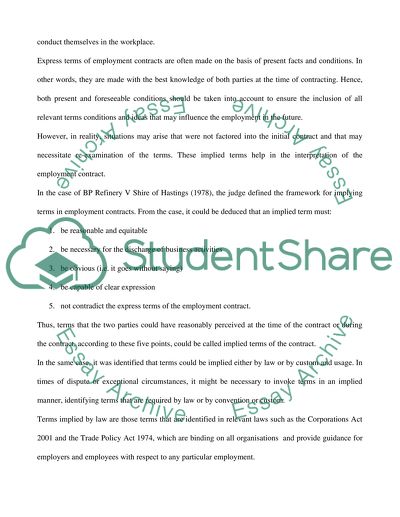Cite this document
(Codelfa Construction Pty Ltd v State Rail Authority of NSW Assignment, n.d.)
Codelfa Construction Pty Ltd v State Rail Authority of NSW Assignment. Retrieved from https://studentshare.org/law/1596647-ir-take-home-exam
Codelfa Construction Pty Ltd v State Rail Authority of NSW Assignment. Retrieved from https://studentshare.org/law/1596647-ir-take-home-exam
(Codelfa Construction Pty Ltd V State Rail Authority of NSW Assignment)
Codelfa Construction Pty Ltd V State Rail Authority of NSW Assignment. https://studentshare.org/law/1596647-ir-take-home-exam.
Codelfa Construction Pty Ltd V State Rail Authority of NSW Assignment. https://studentshare.org/law/1596647-ir-take-home-exam.
“Codelfa Construction Pty Ltd V State Rail Authority of NSW Assignment”, n.d. https://studentshare.org/law/1596647-ir-take-home-exam.


